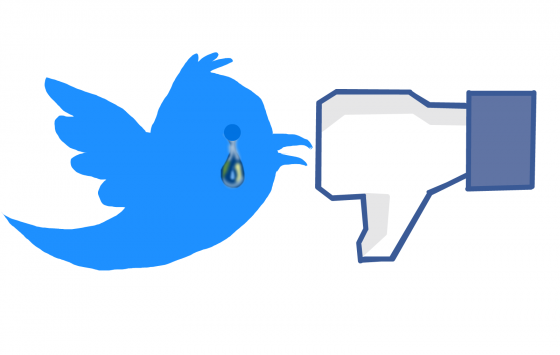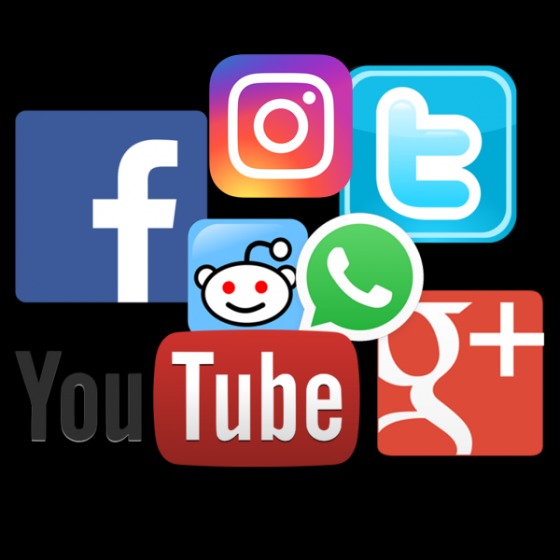A New York University Professor, Adam Alter, recently wrote a report entitled “Irresistible: The rise of Addictive Technology and the business of keeping us Hooked.” Within the report, Mr Alter explains that receiving a ‘like’ on Facebook or Instagram is similar to taking a drug. At least, as far as your brain is concerned, it’s a very similar experience. The reason for this is the unpredictability of how many likes you will receive when you post a status or an image.
The feeling of pleasure or gratification is produced by a chemical released into the body called dopamine, and this is what people are increasingly craving for when they are active on social media. In other words, social media is not about building a sense of perspective, knowledge sharing or having an informed debate, it’s about gratification.
Added to this hunger for recognition from individual social media users, we have also witnessed the rise of data analytics and the targeted data collection of users to inform advertising campaigns or advertising (note, the high profile Cambridge Analytica scandal that harvested over 50 million people’s data to support the Trump election.)
When you combine the behaviours (and insecurities) of users on social media with complex data analytics that are influencing what people are exposed to and engaging with, you soon realise that social media isn’t exactly a level playing field. For instance, social media users with right wing tendencies are generally served up content (such as videos, blogs and memes) that they support.
Due to their craving for gratification, those same people will align themselves with similar minded groups, people and establishments that echo their views. Next time you’re on Facebook, Instagram, Twitter or even LinkedIn, have a look at how difficult it is to find any informed, balanced debate. You’ll see that the vast majority of discussion is either mindless trolling and abuse, or excessive endorsement and support of a particular view. It’s very rarely in-between.





Comments